Better Sleep
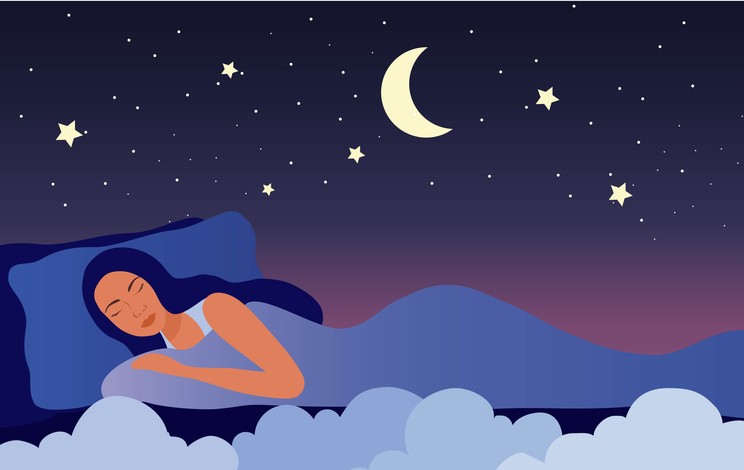
Sleep Hygiene
My Sleep Plan: 8 Science-Backed Habits for Your Best Rest Ever
Ever found yourself staring at the ceiling at 3 AM, mentally calculating how many hours of sleep you might still get if you fall asleep right now? You're far from alone. Poor sleep affects millions, with the CDC reporting that one-third of U.S. adults regularly don't get enough sleep. Yet quality sleep remains one of the most powerful tools for mental clarity, emotional regulation, and physical health.
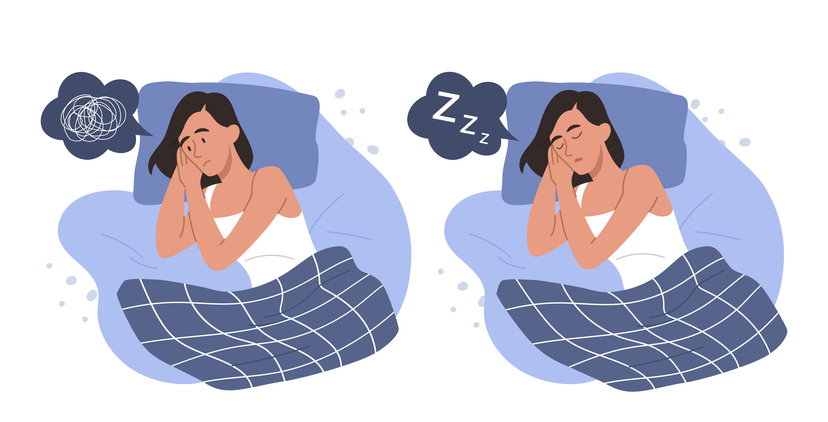
The Science of Sleep
Sleep is a fundamental biological process, as essential to our survival as food and water. Yet, despite spending roughly one-third of our lives asleep, many of us understand surprisingly little about this fascinating state. Sleep isn't simply the absence of wakefulness—it's an active, complex, and highly regulated process that affects virtually every aspect of our physical and mental health.
Sleep Stages
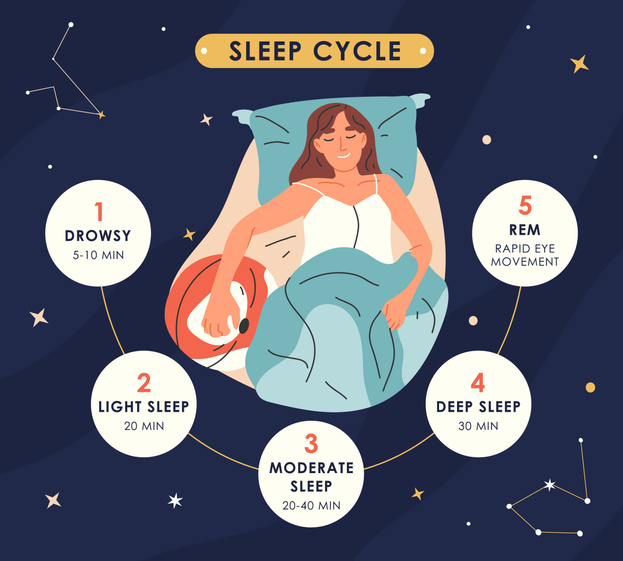
The Orchestration of Sleep
Sleep isn't a uniform state where your brain simply takes a break. Instead, it's a dynamic process where your brain cycles through different stages, each serving unique and vital functions for your physical and mental well-being.
Help is here - Get A Personalized Sleep Plan
Therapy for Insomnia
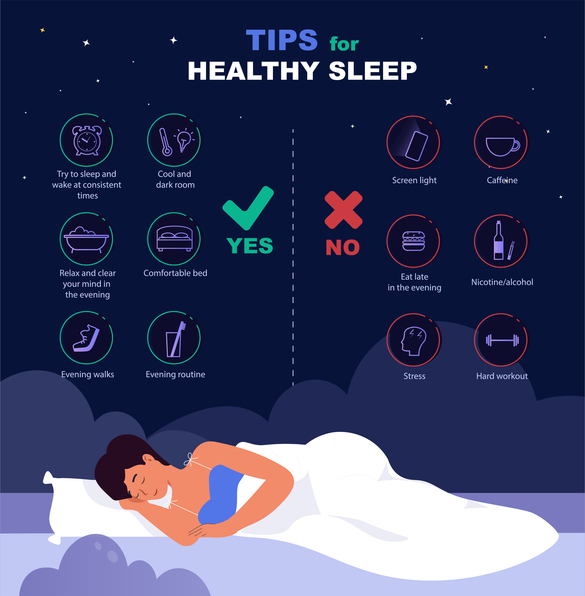
The Real-World Impact of Better Sleep
CBT-I (Cognitive Behavioral Therapy for Insomnia) significantly improves sleep outcomes for individuals struggling with insomnia.
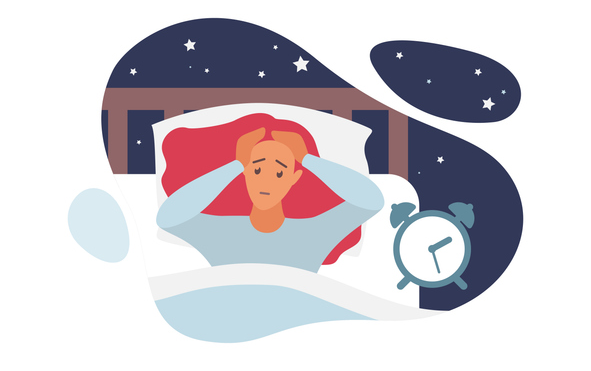
ADHD and Sleep
Finding Rest for the Racing Mind: How CBT-I Digital Platforms Help Adults with ADHD Sleep Better
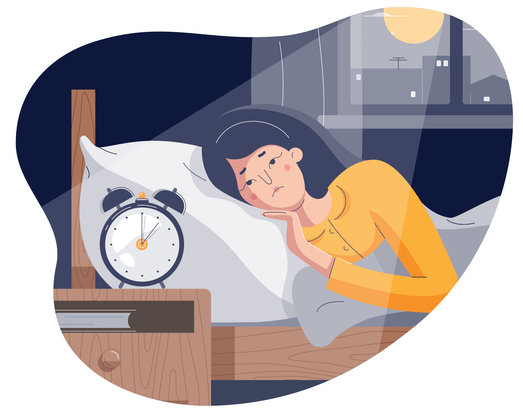
What Causes Sleep Disruptions
Have you ever found yourself staring at the ceiling at 3 AM, wondering why sleep seems to elude you? You're not alone. Sleep disruptions affect millions of people worldwide, turning what should be a rejuvenating experience into a frustrating struggle.
